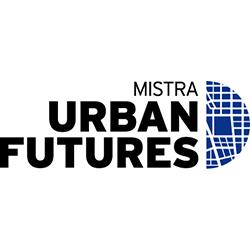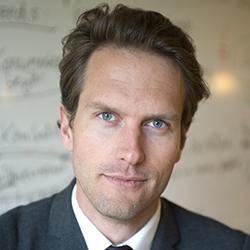Influencing Horizon 2020
The Swedish built environment sector faces several challenges that require investment in research and innovation. Mistra Urban Futures is one of the participants in the Built Environment Sweden Platform, funded by VINNOVA.
Mistra Urban Futures together with IQ Samhällsbyggnad, Chalmers, KTH, SP Technical Research Institute of Sweden, Swedish Universities of the Built Environment, Umeå Municipality, Samhällsbyggnadslänken at KTH and the Swedish Schools of Architecture wants to influence the EU Framework Programme for Research and Innovation, Horizon 2020.
- The Built Environment Sweden Platform allows Sweden to speak with one voice and we get a better impact. Another aspect is the ability to share our networks and our possibilities to influence, says Stefan Forsaeus Nilsson, co-director for the Built Environment Area of Advance and EU-coordinator at Chalmers University of Technology. He is also one of Mistra Urban Futures consortium coordinators representing Chalmers.
The challenges
What kind of challenges are Sweden facing? Investments in research and innovation are needed to provide adequate housing for the country's aging population. Issues relating to infrastructure, reduced greenhouse gas emissions and efforts to create positive and safe urban environments, are other examples.
Seven interesting budgets to influence
EU framework program for research and innovation, Horizon 2020 contains seven budgets that are of interest. If the calls are formulated the right way, the idea is that it will be interesting for the Swedish built environment sector to apply for funds.
- By engaging in the platform we can influence the direction of future calls and also get knowledge about them before they are released. That gives us the opportunity to mobilize the Swedish players in an efficient way, says Kristina Mjörnell, Business Area Manager The Built Environment, SP Technical Research Institute of Sweden and coordinator for SP Technical Research Institute of Sweden’s involvement in Mistra Urban Futures.
Long-term
The platform's work is long term. The efforts made today will be notable in the calls made in 2016 and 2017. In about four years we will see results in the form of, for example, projects or new technologies.
- Sustainable urban development is relatively high on the agenda in Brussels. However, we need to ensure that prioritized efforts are not focused too narrowly on certain technical challenges, says Stefan Nilsson Forsaeus.
Contact
Stefan Forsaeus Nilsson, Co-director for the Built Environment Area of Advance and EU-coordinator at Chalmers University of Technology
Kristina Mjörnell, Business Area Manager The Built Environment, SP Technical Research Institute of Sweden
Mikael Cullberg, Director Gothenburg Platform, Mistra Urban Futures







